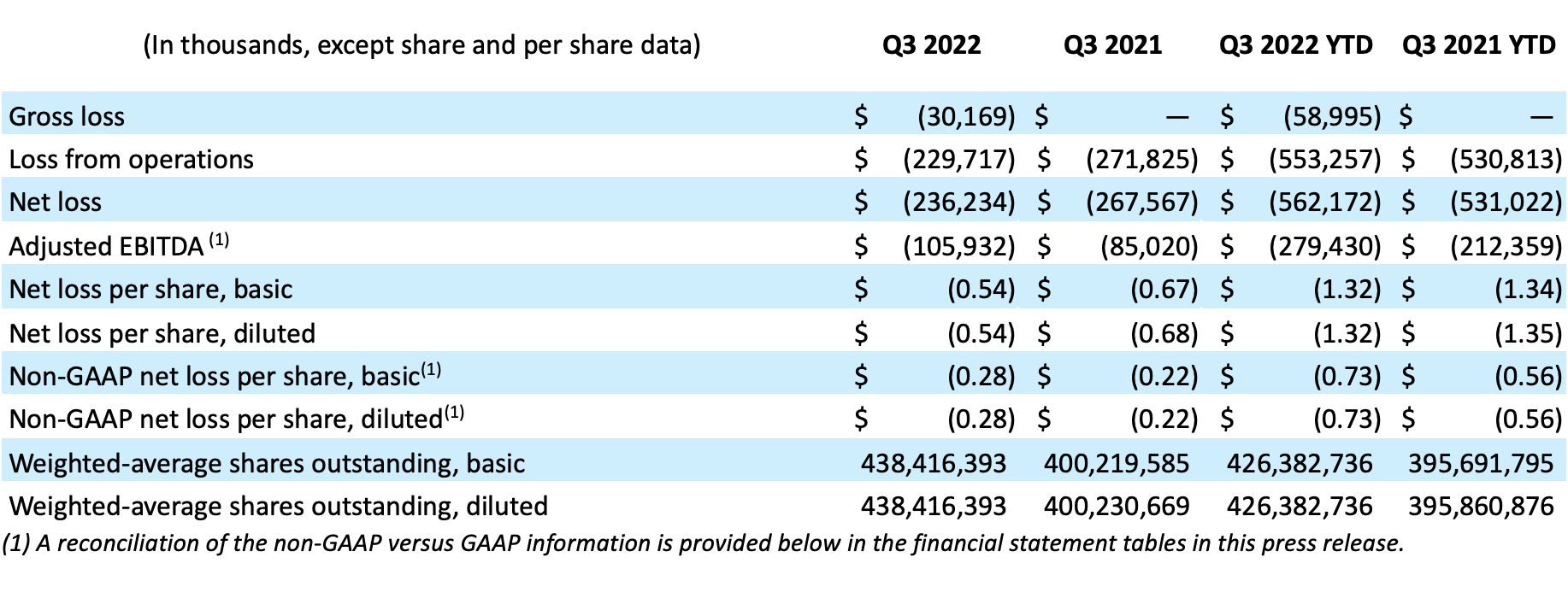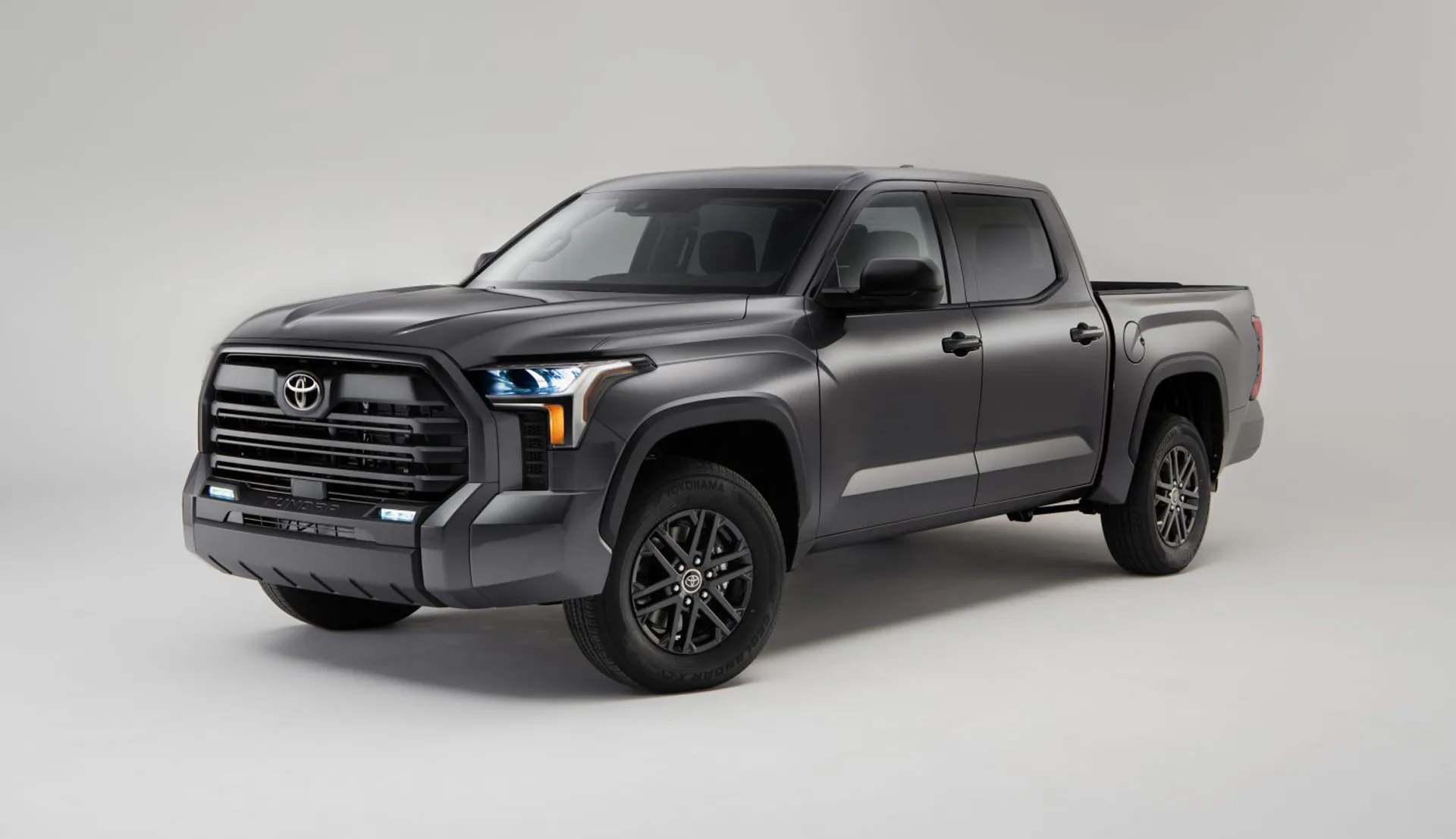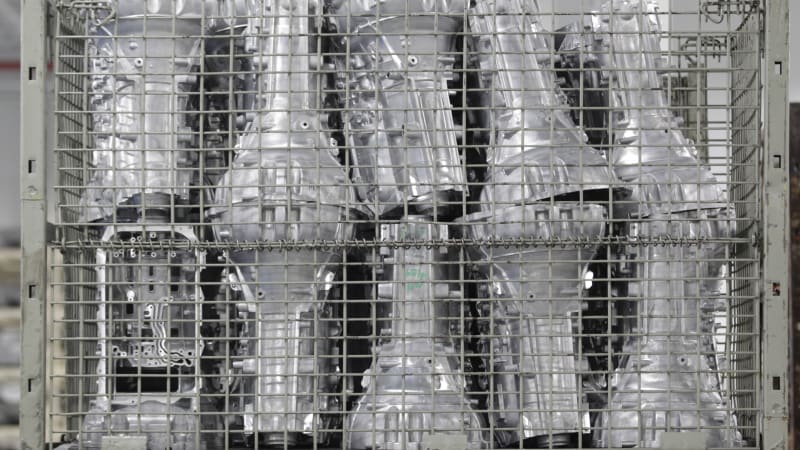How do solar panels work on a house
Solar systems today are usually residential and commercial/industrial. Business-size PV installations take a lot of space, take months to build and produce a lot of energy. Residential systems are much smaller and can be installed by anyone to alleviate the burden of electricity bills and participate in the fight against global warming. This article is a small introduction to home PV systems and how do solar panels work on a house.
How does a solar panel system work in the home?
If you ask somebody about how solar panels work, he or she would probably say: “Well, the sunlight hits them and they produce energy”. And that’s it in a nutshell. When the sunlight hits silicon, photovoltaic effect occurs: the electrons inside silicon start to move — and that’s basically the electricity.
The whole work scheme of a PV system can be described like this: silicon cells produce direct current under the sun, the DC flows through the wires to the inverter, the inverter turns direct current into alternating, the AC flows to your appliances and makes them work.
How to calculate the number of solar panels that you need to work at home
Generally, an American house needs 15-30 PV modules to fully cover its electric consumption. The exact number depends on your particular electric needs. The best way to figure it out is to check your electric bills and calculate monthly and daily energy consumption.
The amount of energy that a solar system is going to produce depends on the number of peak sun hours in your area. Generally, it ranges from 3 to 6. In a day one panel produces its wattage multiplied by peak sun hours. For example, the average number of sun hours in Los Angeles is 5.6. Therefore a 5 kW system makes around 28 kWh in a day.
To figure out the right number of PV modules for you, you can use a solar calculator which makes sizing a PV system much easier. Or you can calculate it by yourself, taking into account your daily electric needs.
FAQ – Does it work?
Most people to this day still have a lot of questions about solar panels: how they work in different conditions, what affects them the most, etc. Here is what we get asked a lot:
Do solar panels work on cloudy days?
Solar panels work as long as there is daylight. Therefore, yes, they do work on cloudy days, although admittedly worse. The performance drops by 10-40% on average, depending on how thick the clouds are and what kind of panels are you using. There are brands whose panels excel in low-light conditions (gloomy days, the fall and the winter): Canadian Solar, Hanwha Q CELLS and some others.
Do solar panels work on winter days?
Solar panels work amazingly on winter days. In fact, the best weather for PV modules is cold and sunny. However, there is naturally less sunlight in the winter so the production of your system decreases by approximately 50%, compared to the summer months. Another problem is the snow. Big snow loads can block the sunlight and you have to clean them. If your panels are tilted, the snow might be able to slide off your modules.
Do solar panels work at night?
No sunlight — no solar energy. When the sun is not out, solar panels don’t work. You could make an argument for a moon though, as it does reflect the light of the sun. Unfortunately, moonlight is not strong enough to power a PV system. Maybe on the nights when the sky is clear and the moon is full or close to it, it might be able to sustain a light in your bedroom. Therefore, at night you generally rely on your commercial grid or batteries, if your type of system supports them.





